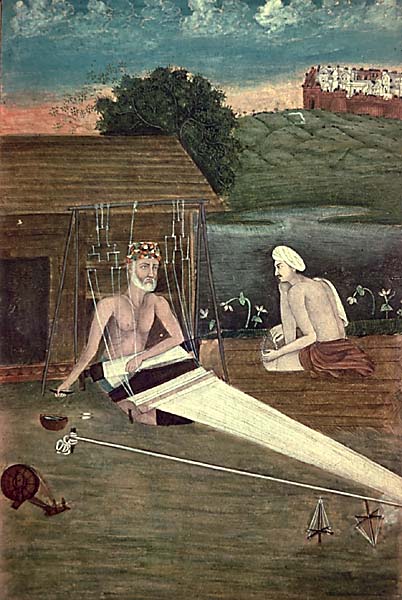info@stkabirschool.com +91 70469 22223 / +91 70968 93000
St. Kabir Indian International School (IIS) is a top-ranking CBSE school in Vadodara, named after the renowned Indian poet and mystic Sant Kabir, who advocated inclusiveness and oneness.
The school adopts a holistic and value-based approach to learning, considering various factors such as academic modules, extra-curricular activities, and the learning environment. Based on the CBSE’s National Education Policy (NEP) 2020, the comprehensive curriculum gives students an in-depth understanding of effective communication, information analysis, creative thinking, and decision-making. This approach enables students to develop a global perspective aligned with the school’s values and prepares them to become responsible and productive members of society. The highly qualified and dedicated teachers encourage teamwork, critical thinking, and creativity among students through diverse learning activities. Our goal is to transform today’s learners into tomorrow’s leaders.
We prioritize experiential learning over rote memorization. Rather than simply telling students what to think, we teach them how to think critically and creatively. Our “Do and Learn” approach helps learners develop practical skills by connecting theory with real-world applications. We encourage students to engage in active learning through initiatives like Project HOPE, project KEDI, TOD-FOD-JOD, and community outreach programs through street plays, farming, environmental preservation, and raising awareness of health, hygiene, and gender issues in nearby villages.
Our school is committed to promoting sustainability, making us the only CBSE school in Vadodara to integrate sustainable values into our curriculum. Our teaching and learning processes are rooted in ethics and Indian values, focusing on personal development and building strong community ties.

Our school’s philosophy draws inspiration from the teachings of Sant Kabir, a 15th-century Indian mystic poet and saint who lived during a time of religious tensions between Hindus and Muslims. Kabir was a passionate believer in the unity of all beings and saw himself as the son of both Ram and Allah, transcending religious boundaries. His teachings rejected the caste system and religious dogmas, emphasizing instead a spiritual path based on personal experience and the realization of the divine essence within oneself. Using simple language and everyday images, Kabir communicated profound spiritual truths through his dohas, verses, and songs. His poetry and songs were not just expressions of his beliefs but also embodied his spiritual experiences. Today, Kabir’s legacy endures as an essential part of India’s spiritual and cultural heritage, and his teachings continue to inspire people around the world.
But if a mirror ever makes you sad you should know
that it does not know you.